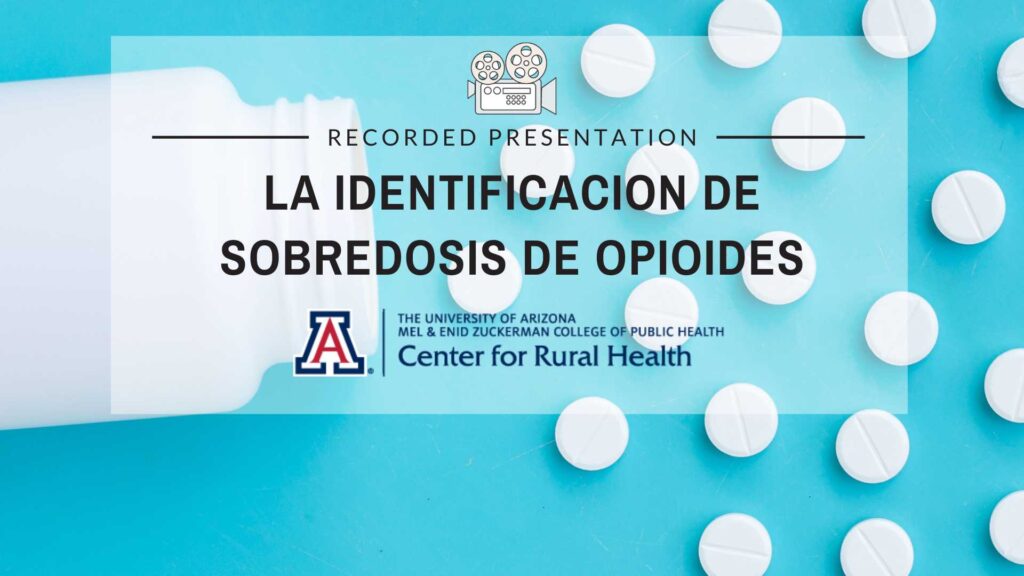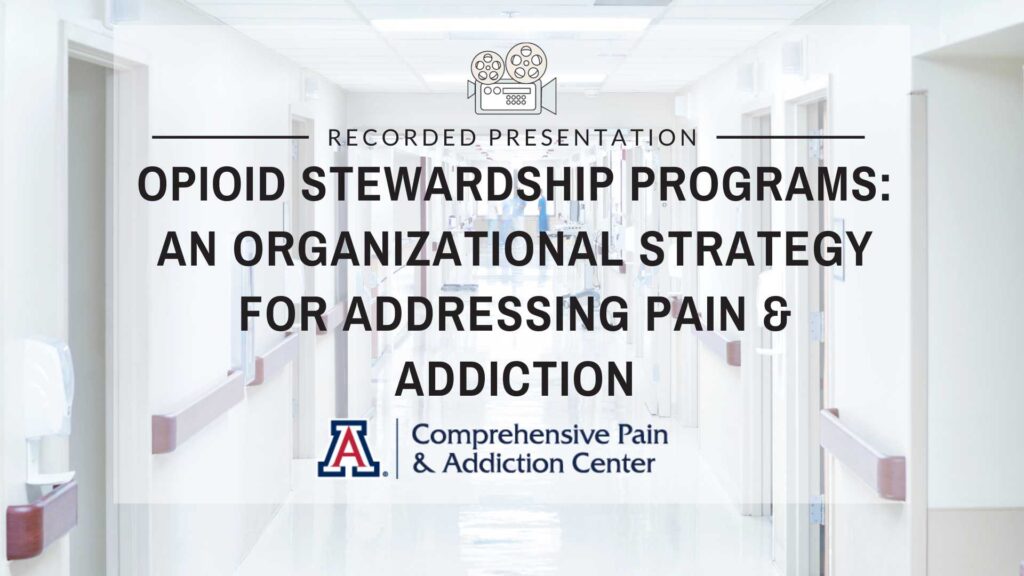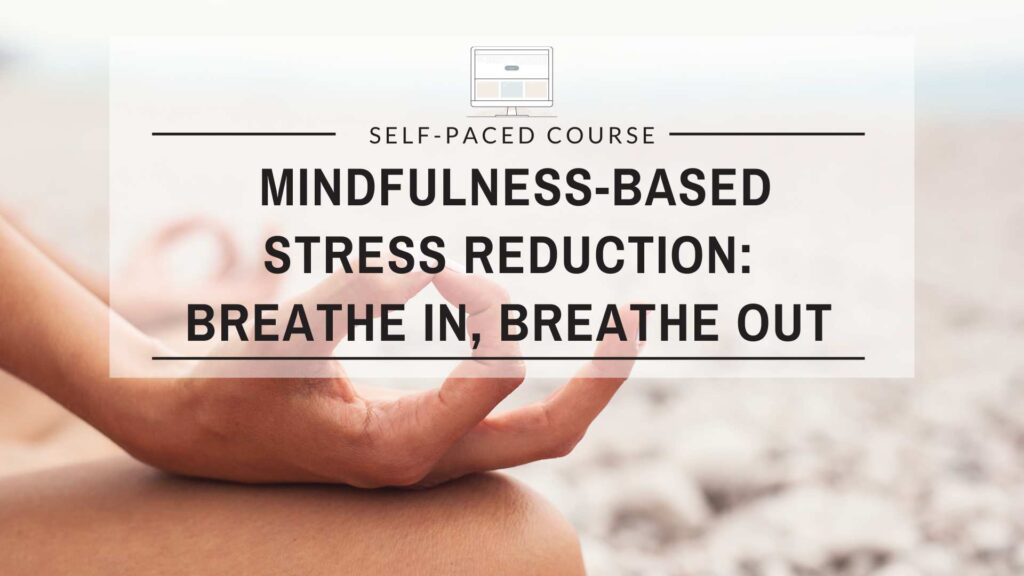Más de 5 personas al día mueren por sobredosis en Arizona. La naloxona es un medicamento que salva vidas y reverse una sobredosis. Este entrenamiento está diseñado para que los trabajadores de salud comunitarios aprendan a reconocer una sobredosis y administrar naloxona.
Los objetivos de este entrenamiento son:
1. Considerar las cuestiones contextuales asociadas con el mal uso de opioides.
2. Identificar las causas y consecuencias con el mal uso de opioides.
3. Reconocer la relevancia del estigma y el lenguaje de primera persona.
4. Desarrollar estrategias para identificar si alguien está sufriendo una sobredosis.
5. Aplicar los pasos para administrar naloxona.
Target Audience: Duration: 60 minutes
Format: Recorded Presentation (6/23/2023)
Disclosures: The planners, reviewers, and authors have no declared conflicts of interest.











